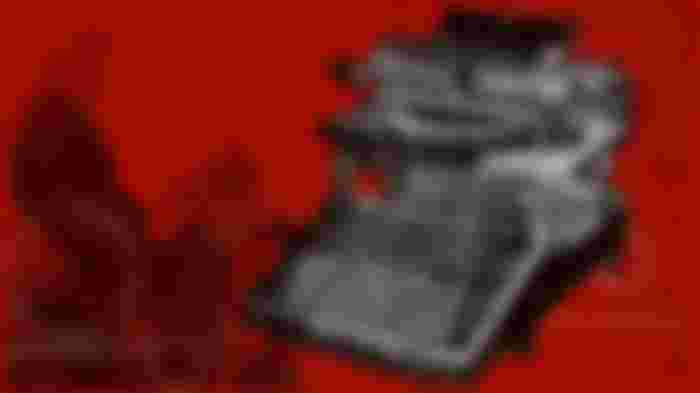In recent years, the development of technology is so rapid. Its impact is felt all over the world. There is 'something' missing, there is also 'something' that appears. Work that used to be done manually, for example, is now done electrically. Not only faster, but more neat and beautiful.
Previously, office work using manual typewriters, then electric typewriters, has now been replaced by computers with all the equipment and sophistication. Until now computers with various features keep popping up. Behind it manual typewriters and electric typewriters are increasingly being abandoned. It is certain that the next generation will no longer be familiar with the typewriter.
In 1970 the name Poswesel was eagerly awaited by students. Through this poswesel, overseas students depend on their fate. Poswesel is a service from the post office for sending/receiving money. Usually the shipment will reach the recipient in about 2-3 days, or even more. Depends on regular or express service. To collect the money, the recipient must show an identity card and go to the post office listed.
Now it is rare to have postal service because it has been replaced by a faster and more practical service, namely bank transfer. Even then people no longer need to go to the bank, but simply use internet banking via smart phones anytime, by anyone, and from anywhere.

Typewriters and money orders will gradually become a thing of the past. The two types of objects will not be known by the millennial generation until generation z and subsequent generations.
Museum
But typewriters and money orders will not disappear from circulation. Apart from being in the hands of private collectors, typewriters and money orders will of course be found in the museum. Museums are often defined as a place to store ancient objects. But actually the museum is a preservation institution. Inside the museum, various collections are maintained and exhibited, complete with information on these objects. Through museums, people can find information and see objects from the past, including typewriters and money orders.
The museum itself is defined as a permanent institution, non-profit, serving the needs of the community, and is open by collecting, maintaining, researching, communicating, and exhibiting collectibles for the needs of study (research), education (education), and pleasure (recreation).
Hundreds of years ago museums became places to store collections belonging to wealthy individuals, families, or institutions. Generally, the objects that are stored are works of art, unique or rare objects, natural objects, and archaeological objects. These objects were obtained from distant places, which were not in the collector's place of origin. Along with the development of science, collections that were previously only shown to the closest relatives, can then be witnessed by the general public.
